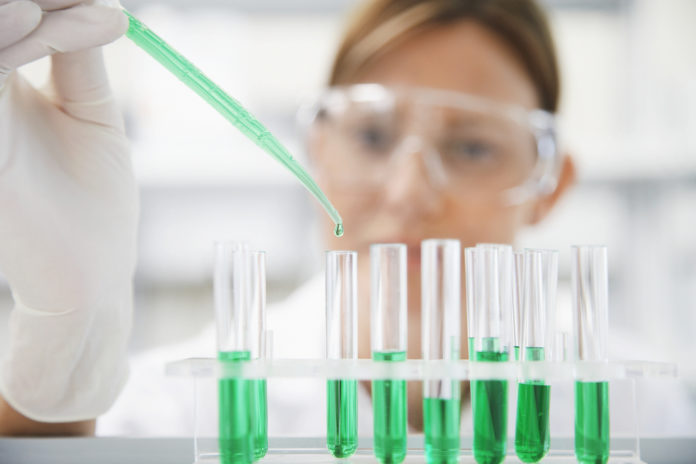A recent study has revealed that alcoholism damages DNA, which can increases the individual’s likelihood of cancer.
The study was published in Nature International Journal of Science, reported that scientists working at research institute in Cambridge, London had studied the effect that acetaldehyde, a chemical that the body produces while processing alcohol, had on the genetics of laboratory mice. Using DNA sequencing and chromosomal analysis, the scientists found that alcohol can contribute to the development of several types of cancers, including bowel cancer and breast cancer.
According to the study, which was conducted by the Medical Research Council Laboratory of Molecular Biology, the harmful acetaldehyde generated by the body’s processing of alcohol causes genetic damage in stem cells, which can then contributes to the development of the cancers.
The International Agency for Research on Cancer, a division of the World Health Organization, qualifies alcohol as a “Group One carcinogen,” meaning that there is significant evidence that it causes cancer to develop in humans.
The Nature report revealed that certain individuals will be predisposed to increased susceptibility when it comes to the genetic damage that can be caused by alcohol consumption. The body does produce certain enzymes which can help in the process of breaking down acetaldehyde, and thus mitigating the damage it causes to one’s DNA.
The variance in likelihood is due to the fact that some individuals produce more of the enzyme than others, meaning the success one’s body will have circumventing the genetic damage via this method will vary based on the individual. In the study, the scientists engineered a sample of rats who’s systems did not produce the enzyme, which resulted in the likelihood of cancer being quadrupled.
While the enzyme can help mitigate the likelihood of an individual developing cancer, the scientists were careful to warn that even when a person produced plenty of the enzyme, there was still the possibility that the alcohol could contribute to the development of cancer in different ways.
















